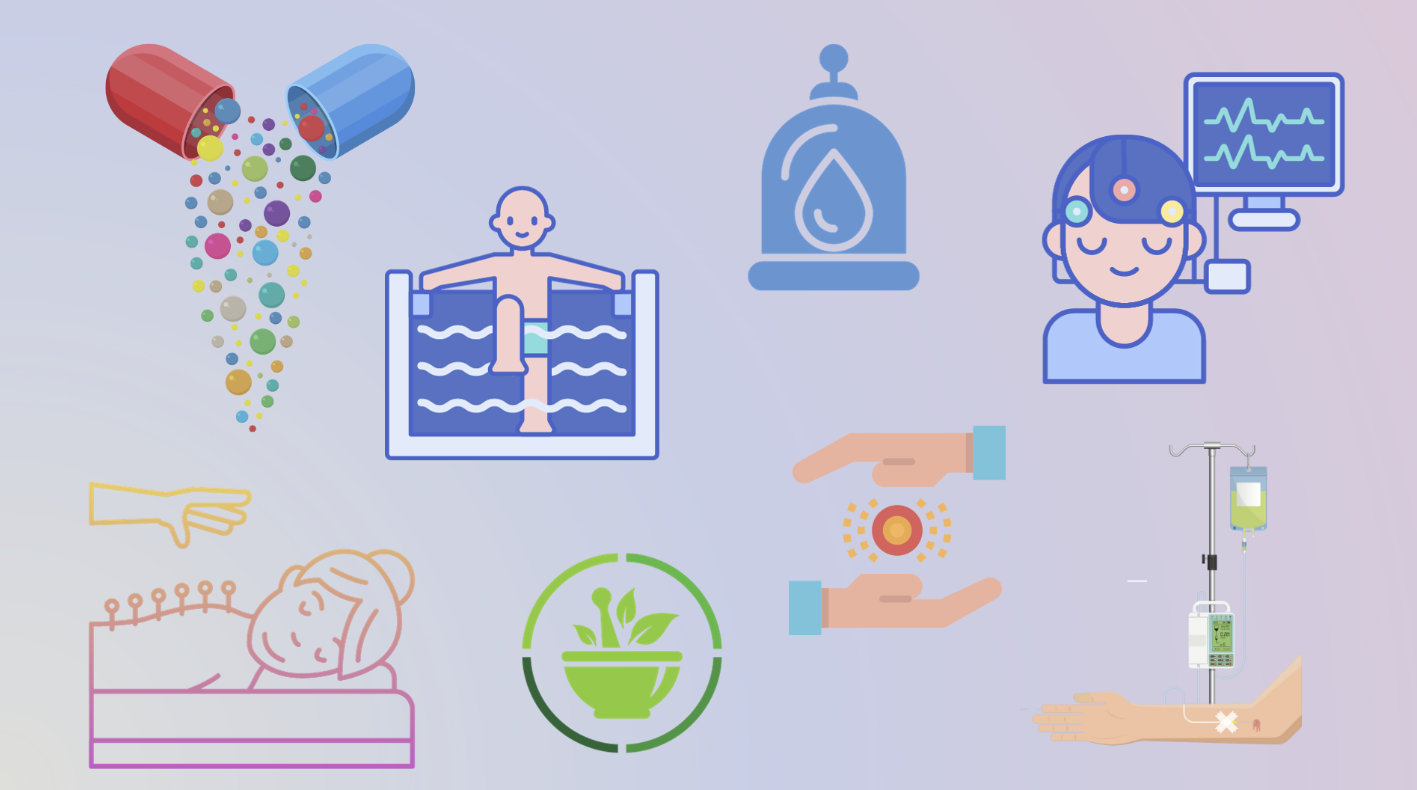
How Autoimmune Patients Can Stay Healthy During Cold and Flu Season

Wintertime Immune Support for Autoimmune Patients
Many autoimmune patients often ask, “What’s the best way to support my immune system, especially during cold and flu season?” It’s understandable, as they may be worried about overstimulating their immune system. After all, autoimmune diseases occur when the immune system mistakenly attacks the body’s own tissues.
So, should autoimmune patients focus on boosting or suppressing their immunity to stay safe from colds and flu? The answer isn’t simple.
In this post, we’ll explore ways autoimmune patients can protect themselves from the flu and other seasonal challenges, including how to personalize your immune support approach.
Personalize Your Approach to Immunity
To figure out if it’s safe to stimulate your immune system with natural boosters, it’s best to consult with a functional medicine doctor who can create a plan tailored to your needs.
In autoimmune conditions, the immune system can be uneven—some parts may be overactive while others are underperforming. Depending on which part of the immune system needs support, enhancing or suppressing certain areas can help restore balance. For example, if some parts of your immune system are suppressed, boosting them can improve overall immune function. Using immune-boosting supplements can be helpful, but it’s important to personalize the approach.
Many autoimmune patients—especially those on immunosuppressant medications—can benefit from supplements that help enhance immunity during cold and flu season. Supplements like vitamin C, echinacea, and astragalus are often helpful, but it’s crucial to first assess your immune system’s specific needs. One way we do this at our practice is through a test called the Lymphocyte MAP™ test. This test analyzes various components of the immune system, such as Th1 and Th2 cells, natural killer (NK) cells, and CD4 and CD8 cells, helping us create a treatment plan based on your unique immune profile.
Stay Hydrated to Protect Immunity
Drinking plenty of water is essential for maintaining a healthy immune system. Proper hydration keeps mucous membranes in your body—found in areas like the mouth, gastrointestinal tract, sinuses, lungs, and reproductive organs—moist. These membranes act as barriers to help prevent viruses and bacteria from entering your body.
Water also aids in nutrient absorption, detoxification, and circulation. A well-hydrated body is better equipped to fight off foreign invaders. I recommend that my patients drink half their body weight in ounces of water each day. For example, if you weigh 120 pounds, aim to drink 60 ounces of water. Adding electrolytes to your water can be beneficial, too. Potassium helps suppress inflammation, while magnesium supports immune function.
Natural Remedies for Colds and Flus
When it comes to which supplements are best for autoimmune patients during cold and flu season, the answer depends on your individual immune system. However, there are a few supplements that generally support immune health.
Vitamin D is crucial for immune defense, and a deficiency in vitamin D has been linked to an increased risk of autoimmune diseases. Multivitamins offer foundational support, including key immune-boosting nutrients like zinc. Glutathione, a powerful antioxidant, is also beneficial for immune function. A typical maintenance dose for these supplements includes 5,000 IU of vitamin D, 30 mg of zinc, and 250 mg of glutathione per day, but it’s important to consult with a functional medicine provider to determine the best dosage for your needs.
Probiotics are another helpful supplement, as there’s a strong link between gut health and immunity. Many autoimmune patients struggle with an imbalanced gut microbiome, and taking probiotics can help restore balance. Since about 70% of the immune system is in the gut, improving gut health can have a significant impact on immunity. I typically recommend starting with 50 billion colony-forming units (CFU) of probiotics per day.
Clear Your Respiratory Tract
Viruses and other pathogens enter through the lungs and sinuses, so it’s important to keep these areas clear. I recommend using a Neti pot or another nasal rinse when you start feeling sick. These rinses can help prevent a cold or flu from worsening. To ensure the water is safe, use distilled or boiled water that has cooled down, and add a salt packet to make the rinse more soothing for your sinuses. You can also add colloidal silver to the rinse for additional pathogen-fighting power.
Using HEPA air filters in your home is another way to protect your lungs from irritants and maintain clean air.
Find Out Why You’re Not Sleeping Well
Sleep is essential for immune function. When you sleep, your body releases cytokines, proteins that help fight off infections and inflammation. If you’re not sleeping well, it’s important to address the root cause. Sleep problems can be linked to blood sugar imbalances, stress, or even sleep apnea. Working with a functional medicine provider can help uncover the underlying issue and improve your sleep, which in turn helps support your immune system.
Break a Sweat
Sweating helps clear toxins from your body and can boost your immunity. When you sweat, your body produces antimicrobial peptides that protect your skin from infections. Activities like sauna sessions, gym workouts, walking, or even an Epsom salt bath can all help you sweat and support your immune defenses.





